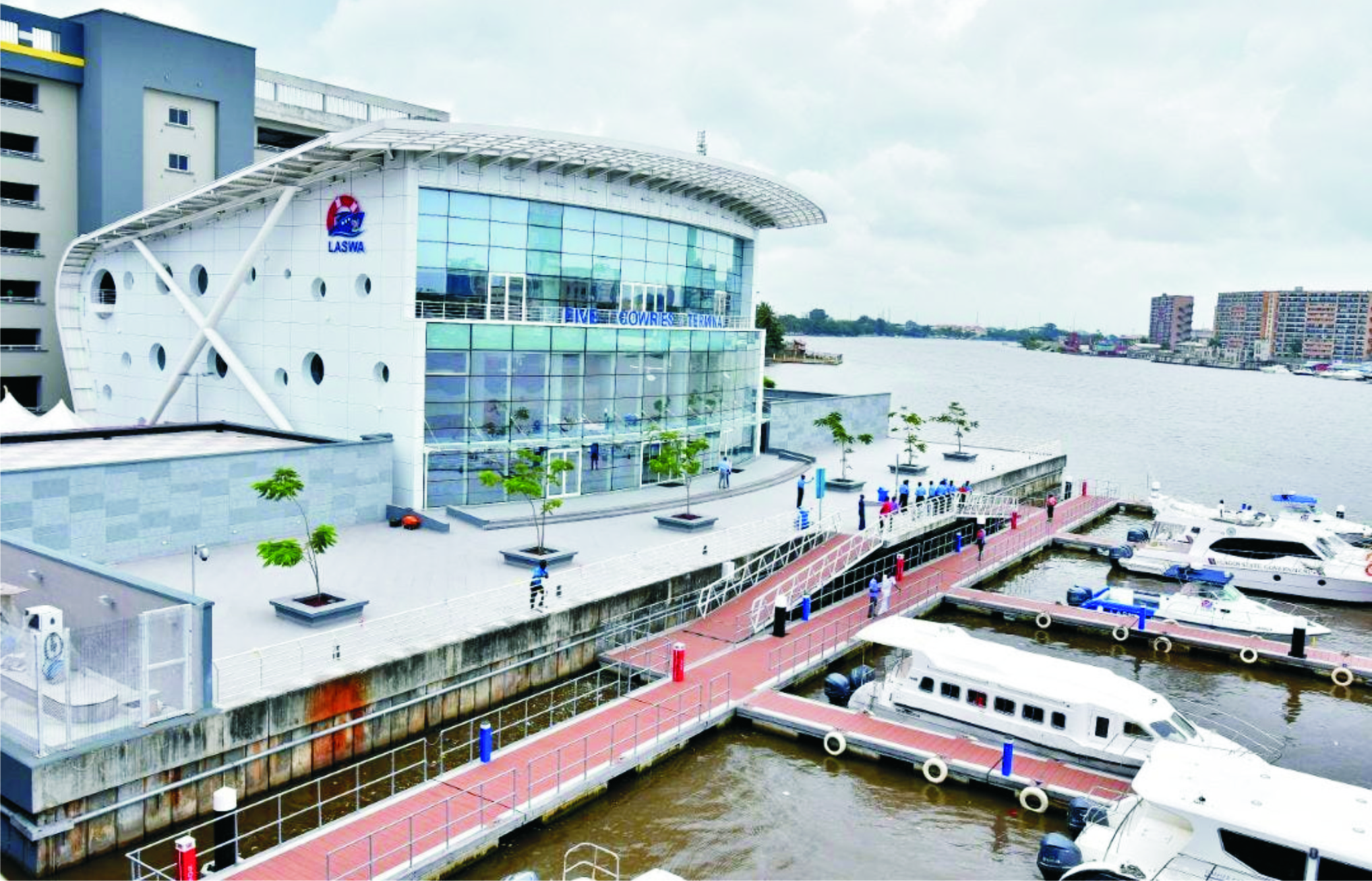Business
LASG Opens FADAMA Food Market In Badagry

The Lagos State Government over the weekend inaugurated a new food market at Agbalata in Badagry Local Government Area of Lagos State.
Special Assistant to the Lagos State Governor on Agriculture, Ms Abisola Olusanya, who inaugurated the market at the weekend, explained that the new FADAMA food market would promote availability of wholesome food to the populace at affordable prices.
She explained further that the market which was a product of a collaborative effort with multilateral agencies, especially the World Bank and the Federal Government, would also reduce post harvest losses while giving optimum returns to farmers for their efforts.
According to her, the market which is solely for agricultural produce would get food vendors off the streets, stressing that the state government would continue
“This market is a crowing glory to all other supports to beneficiaries in Badagry Local Government area vis-à-vis capacity building, provision of infrastructures like farm access roads and aggregation centers, advisory services and inputs support and assets acquisition for farmers’ groups among others.
“The choice of Agbalata as a site of the market is strategic being close to the international route and border”,Olusanya said.
The Special Adviser stressed that Lagos State, being the commercial nerve center of the country with growing population of over twenty million residents, was not just interested in consuming food but also striving to make significant contributions to production, value addition and marketing.
He noted that with the daily influx of Nigerians into the state for a better life, the consequent food demand has skyrocketed and cannot be overemphasized.
She pointed out that even though the state has limited access to large expanse of agricultural land, it has enormous comparative advantage in processing and value addition, hence it would continue to bring about shared prosperity to the citizenry.
By: Nkpemenyie Mcdominic, Lagos
Transport
Automated Points Concession : FAAN Workers Gave 72hrs To Revise Decisions In PH

Transport
FAAN Announces Pick-Up Points for Go-Cashless Cards

Business
Fidelity Bank To Empower Women With Sustainable Entrepreneurship Skills, HAP2.0
-

 Politics4 days ago
Politics4 days agoSenate Urges Tinubu To Sack CAC Boss
-

 News4 days ago
News4 days agoAmend Constitution To Accommodate State Police, Tinubu Tells Senators
-

 News4 days ago
News4 days agoDisu Takes Over As New IGP …Declares Total War On Corruption, Impunity
-
Business4 days ago
Crisis Response: EU-project Delivers New Vet. Clinic To Katsina Govt.
-
Business4 days ago
President Tinubu Approves Extension Ban On Raw Shea Nut Export
-
Business4 days ago
President Tinubu Extends Raw Shea Nuts Export Ban To 2027
-
Business4 days ago
Fidelity Bank To Empower Women With Sustainable Entrepreneurship Skills, HAP2.0
-
Sports4 days ago
NDG: Rivers Coach Appeal To NDDC In Talent Discovery

